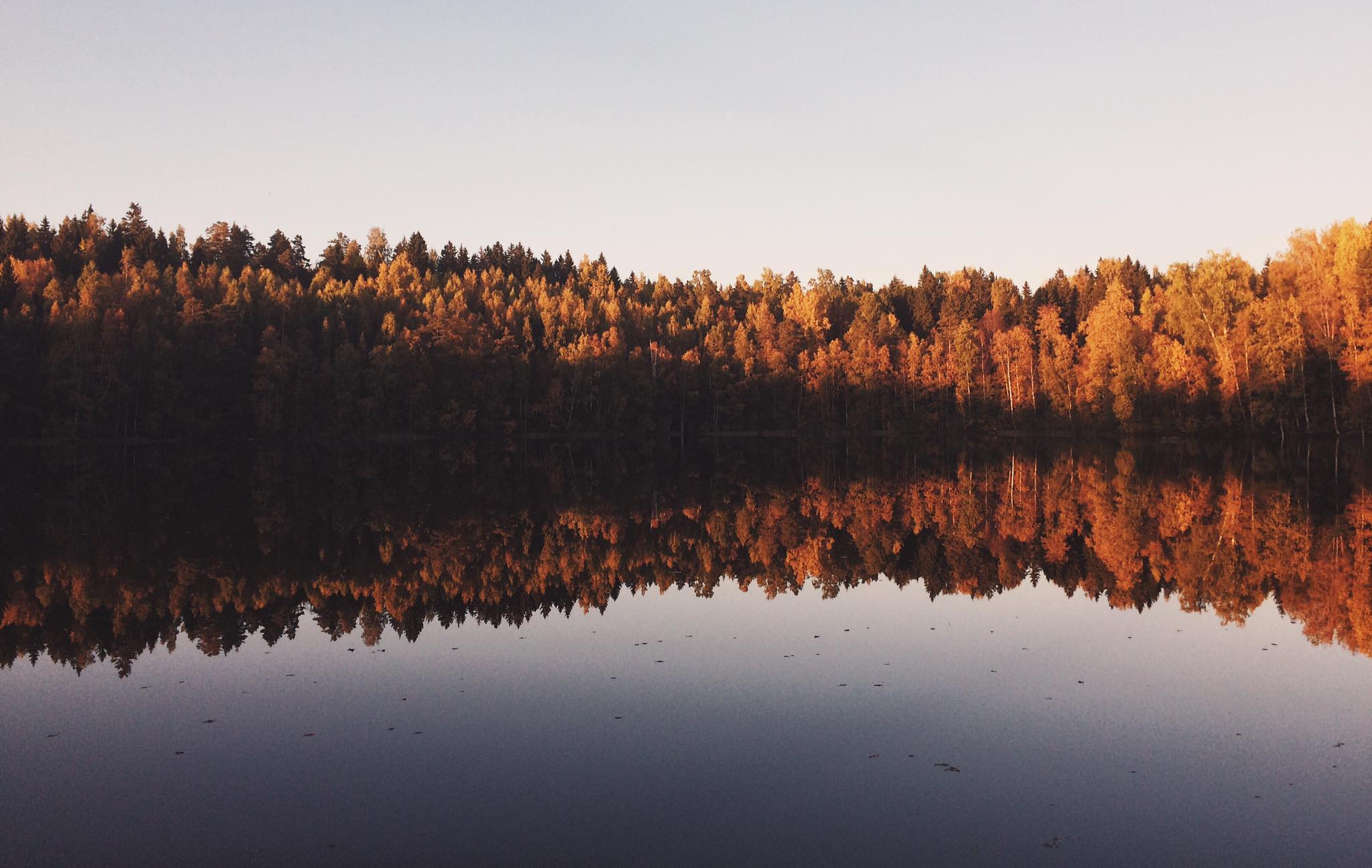Last evening, our Finnish-German girl group met for the third time.Actually we had planned to bake Korvapuusti. Since Chiara and I are unfortunately currently in quarantine, we had to postpone this and meet this and the next time in Zoom.
The present quarantine has then also led to the fact that we had first a very long conversation about Corona in the dormitory, the quarantine and also the differences in the type of Corona rules in Germany and Finland. We also came to the conclusion that in Finland it is a matter of course that people stick to pure recommendations of the government, and therefore it was not necessary to impose strict rules. In contrast, in other European countries, such as Germany, it is necessary to have strict rules, because people are used to receiving them and tend to think that as long as it is a recommendation, it can’t be that bad and they don’t have to follow it. This is one of the biggest cultural differences I have discovered so far between the two countries.
On the edge of this conversation, we somehow came to the topic of Donald Duck and his importance in Finland. We also talked about how the names of Mickey Mouse etc. and how they are formed. The principle is the same in Finnish and German, the name is adapted to the national language and Mouse is translated in each case. This is how the Finnish “Mikki Hiiri” and the German “Micky Maus” are created.


Comments